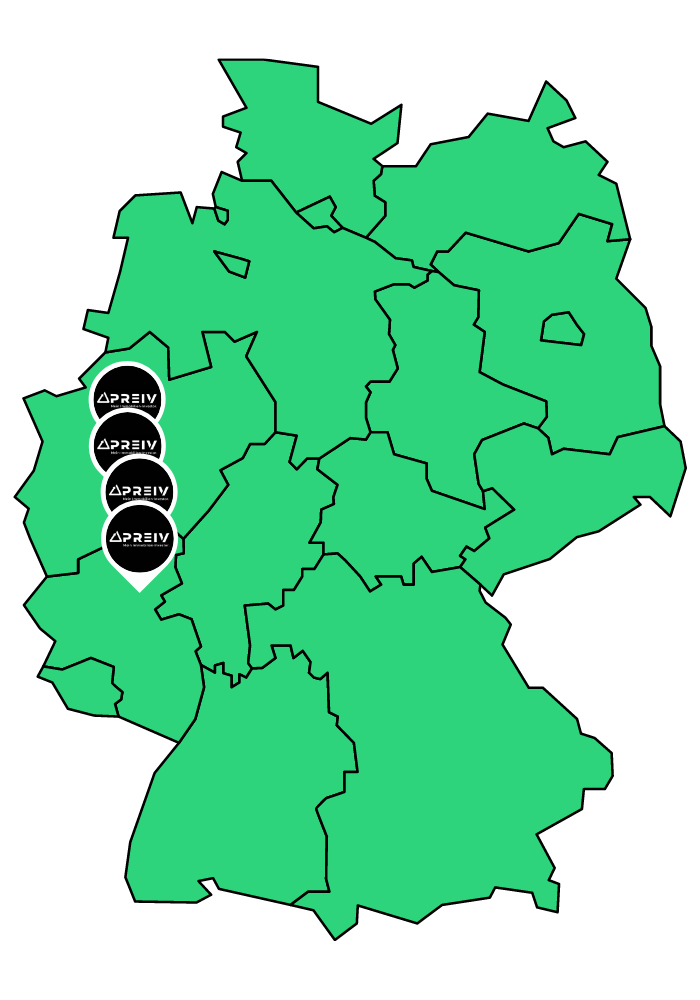Low legal barriers to entry
Compared to many other countries in the world, Germany has a very liberal real estate policy, so that foreigners can acquire real estate without complications from a legal point of view.
Hardly any ground leases
Especially in Asian countries, there are often ground leases, so you can only rent the land and not buy it. In Germany, however, the share is only 5%.
Good building fabric
Germany has high building code requirements for the construction of real estate, so you always buy real estate with a good building structure.
Political security
Due to parliamentary democracy and the separation of powers into legislative, executive and judicial branches, the political system is very secure and almost free of corruption.
Price stability & high demand
Property prices in Germany have been rising for more than a decade. From Q2 2020 to Q2 2021, for example. prices for residential property in Germany rose by 10.9% (Federal Statistical Office).
Legal security in the acquisition
In Germany, there is a very high degree of legal security in the acquisition and ownership of real estate due to notarial certification and the strongly developed right of ownership.
Low vacancy rates
In western Germany in particular, the vacancy rate is just 2.2% (CBRE, 2020).
Only moderate price increases
In a European comparison, property prices in Germany have only risen moderately in recent years (Eurostat, 2021).
Economic stability
Germany has recovered economically in the course of the Corona pandemic and is aiming for economic growth of 2.1% again in 2021.









